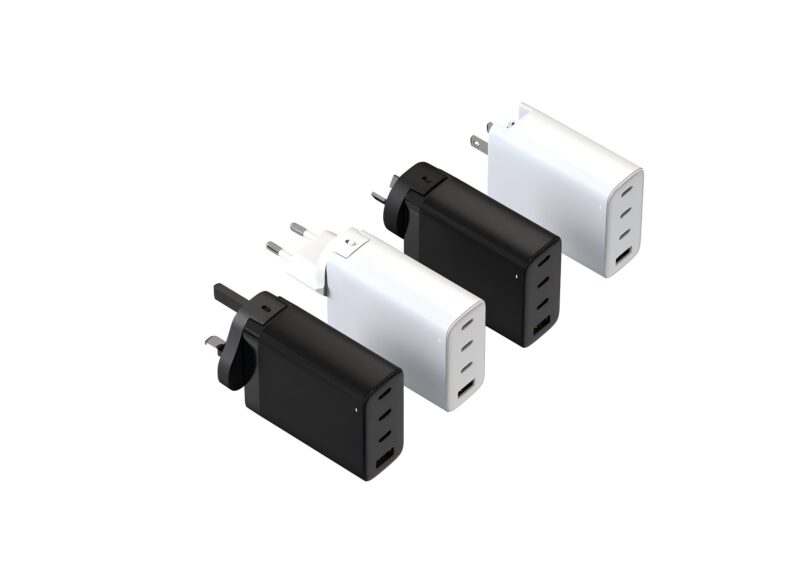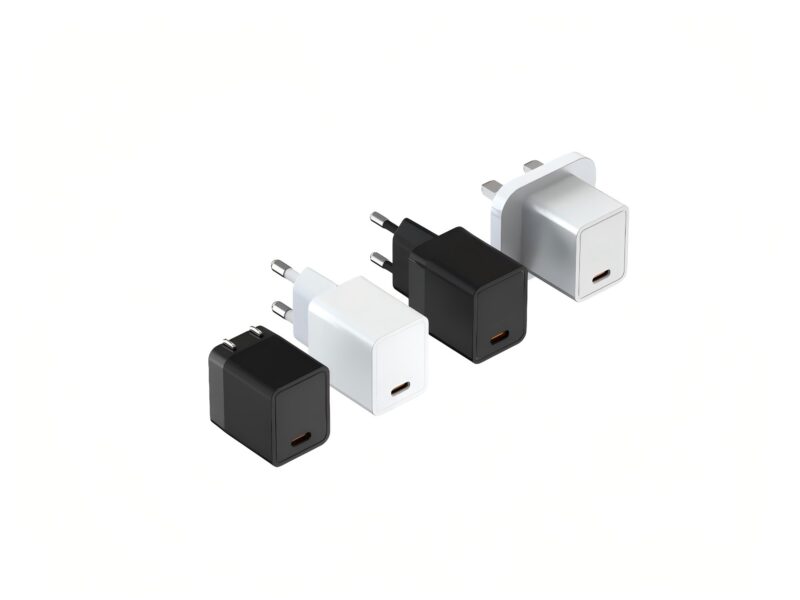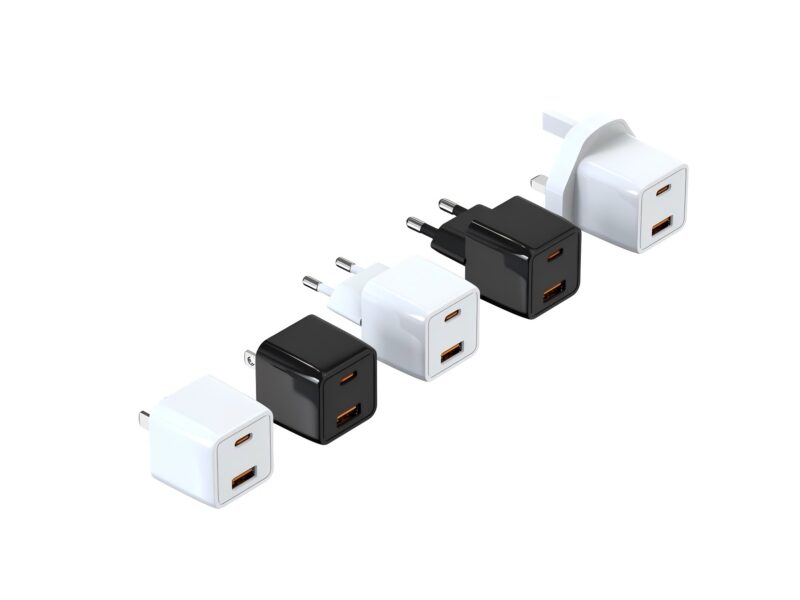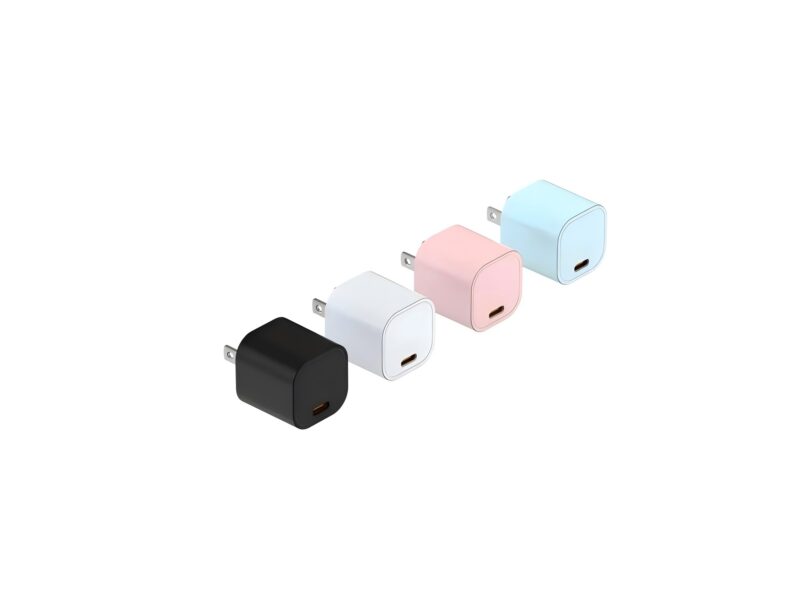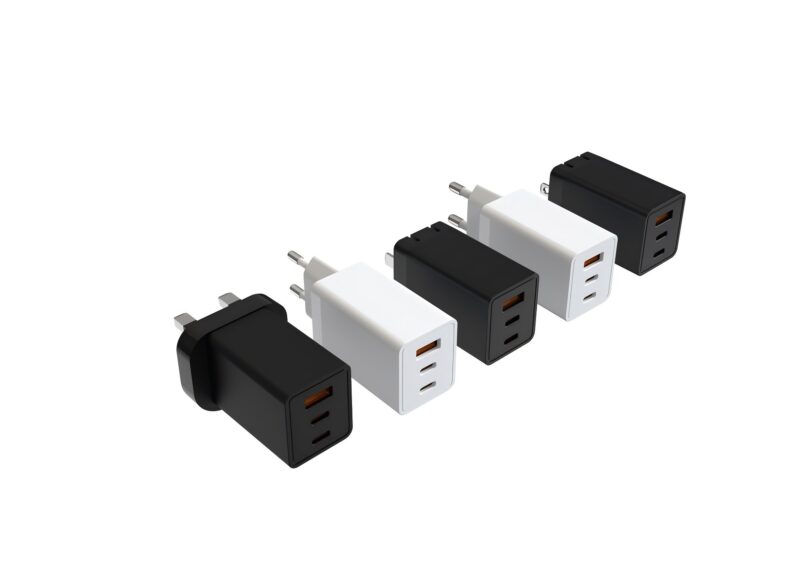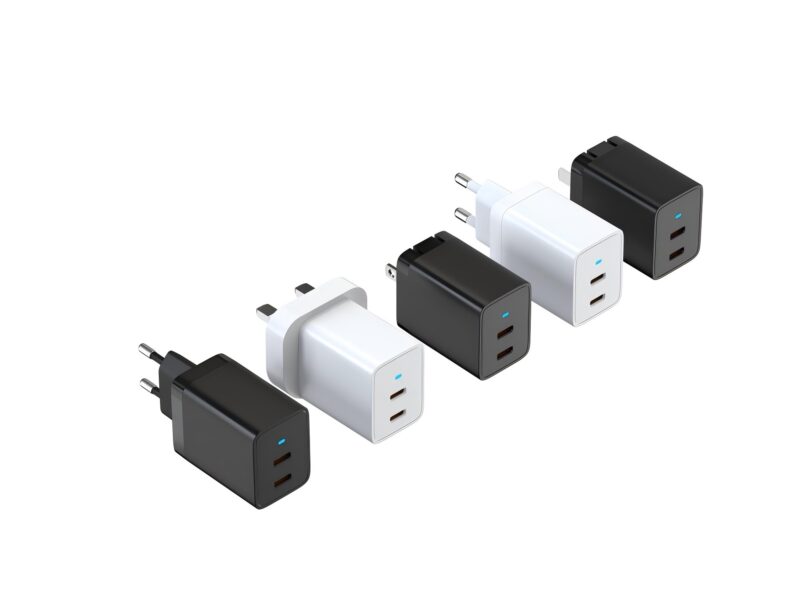Security Certifications Required for Chargers
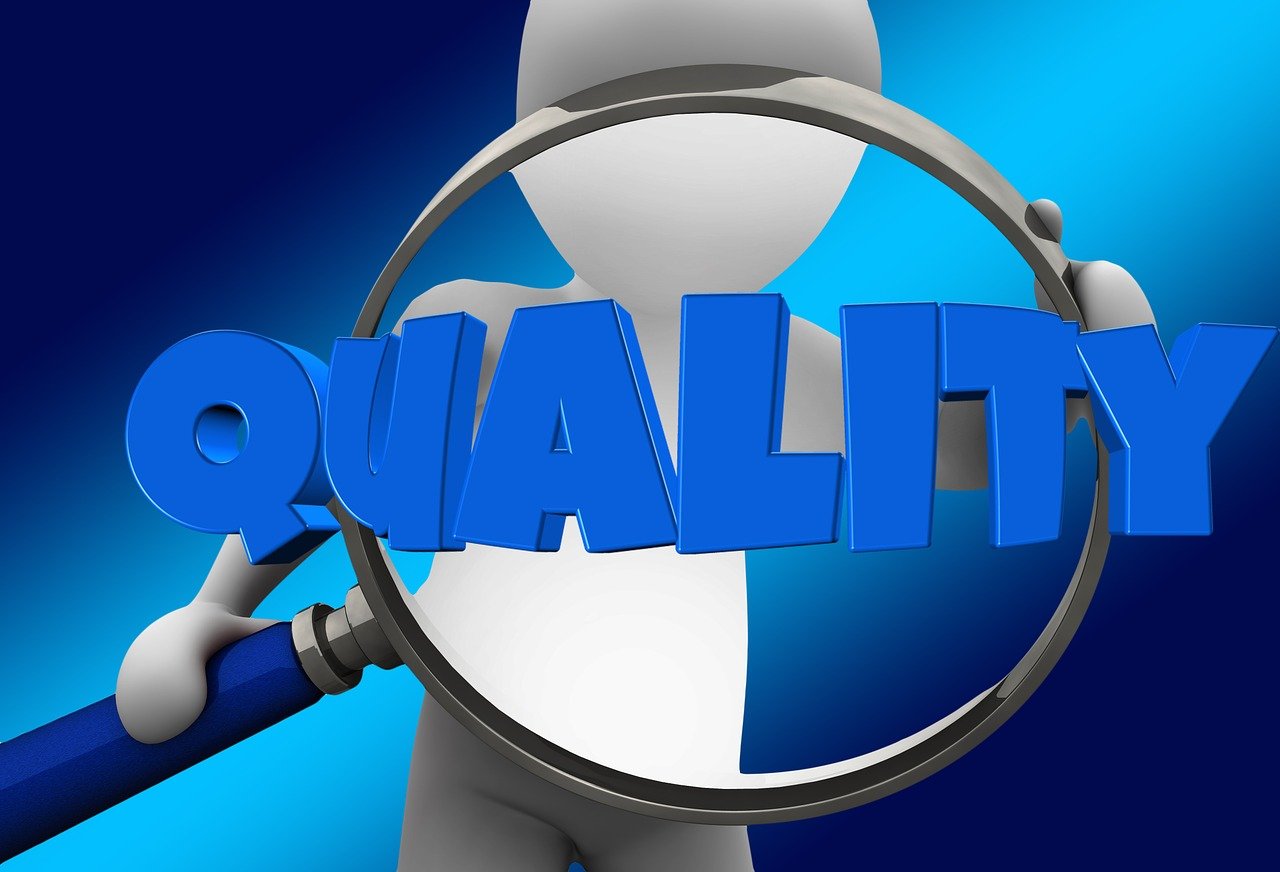
Security Certifications Required for Chargers in Worldwide
When selling chargers in global markets, products must meet the certification standards required by different countries and regions to ensure safety, quality, and compliance. Below are the common certifications required for chargers in major countries and regions around the world:
1. European Union (EU)
- CE Certification: All electronic products (including chargers) sold within the European Economic Area (EEA) must comply with the CE mark The CE certification indicates that the product meets EU safety, health, and environmental requirements. All products bearing the CE mark must comply with the Low Voltage Directive (LVD)and Electromagnetic Compatibility Directive (EMC).
- RoHS (Restriction of Hazardous Substances): Prohibits the use of certain hazardous substances, such as lead, mercury, cadmium, and others, in electronic products. The RoHS directive applies to all electronic devices and chargers entering the EU market.
- WEEE (Waste Electrical and Electronic Equipment): Covers the recycling and disposal of electronic waste. Under the WEEE directive, all electronic products, including chargers, must be registered and indicate how to recycle and dispose of them.
- ErP (Energy-related Products): Chargers must comply with ErP directivesrelated to energy efficiency, particularly concerning energy consumption in standby mode.
2. United States
- UL Certification (Underwriters Laboratories): One of the most common safety certifications in the U.S., especially for electrical products. UL certification ensures the safety of products and helps prevent fire hazards, electric shock, and other risks. Chargers typically need to meet UL 60950 (or the updated UL 62368-1) standards.
- FCC Certification (Federal Communications Commission): Chargers must comply with FCC’s electromagnetic interference (EMI) standards. FCC certification ensures that products do not interfere with wireless communications or other electronic devices.
- Energy Star: This certification indicates the product’s energy efficiency. Energy Star-certified chargers consume less energy and are designed to reduce energy waste when not in use.
3. Canada
- CSA Certification (Canadian Standards Association): Similar to UL certification in the U.S., CSA certification ensures that products comply with Canadian safety standards. Electrical products and chargers typically need to meet CSA C22.2 standards.
- IC Certification (Industry Canada): For chargers with wireless capabilities (e.g., USB charging, wireless charging), IC certificationis required to ensure the product does not interfere with other wireless devices.
- Energy Star: Canada also adopts the Energy Starcertification, requiring chargers to meet high-efficiency standards to save energy.
4. China
- CCC Certification (China Compulsory Certification): Chargers sold in China must obtain CCC certification, a mandatory safety certification that ensures products meet national safety, health, and environmental standards.
- CQC Certification (China Quality Certification): Chargers may need to pass the CQC certification, especially if the product belongs to specific categories of electrical or electronic devices.
- RoHS Certification: Similar to the EU, China RoHSrestricts the use of hazardous substances in electronic products, meaning chargers must comply with these regulations.
5. Japan
- PSE Certification (Product Safety Electrical Appliance & Material): All electrical products, including chargers, sold in Japan require PSE certificationto ensure they meet Japan’s safety standards. The PSE certification has two categories: the black PSE mark (for higher-risk products) and the white PSE mark (for lower-risk products).
- JIS Standards (Japanese Industrial Standards): Some chargers may need to comply with JIS standards, which ensure product quality in Japan.
6. Australia & New Zealand
- RCM Certification (Regulatory Compliance Mark): Chargers sold in Australia and New Zealand must have the RCM certification, ensuring that they meet local electrical safety and electromagnetic compatibility standards.
- AS/NZS Standards (Australian/New Zealand Standards): Chargers must comply with the electrical safety and electromagnetic interference standards established by AS/NZS, the joint Australian and New Zealand standards.
7. South Korea
- KC Certification (Korea Certification): South Korea requires all electronic products, including chargers, to obtain KC certificationto demonstrate compliance with national safety, quality, and environmental standards.
- K-Mark: Associated with the KC certification, the K-Markindicates that the product meets safety and performance standards.
8. India
- BIS Certification (Bureau of Indian Standards): All electronic products, including chargers, sold in India require BIS certificationto ensure they meet India’s safety and quality standards.
- RoHS: India also follows global RoHS standards, restricting the use of hazardous substances, so chargers must comply with these regulations.
9. Middle East (e.g., Saudi Arabia, UAE)
- SASO Certification (Saudi Arabian Standards Organization): In Saudi Arabia, all electronic products, including chargers, must be certified by SASOto meet Saudi standards for safety and quality.
- GCC Certification (Gulf Cooperation Council): In GCC member countries, chargers need to comply with the GCC certificationto meet electrical safety standards.
10. Latin America (e.g., Brazil, Argentina)
- INMETRO Certification (Brazil): In Brazil, electronic products require INMETRO certificationto ensure they meet the country’s safety and energy efficiency standards.
- S-Mark (Argentina): In Argentina, all electronic products must pass the S-Mark certification, ensuring compliance with local safety standards.
Summary
Chargers must meet various certification standards in each country or region they are sold in. These certifications not only ensure product safety, quality, and environmental compliance but also enhance consumer trust in the brand. Common certifications include CE, UL, PSE, CCC, RCM, and energy efficiency certifications like Energy Star and RoHS. Companies developing chargers for global markets need to ensure compliance with the relevant certifications to avoid regulatory issues and ensure successful market entry.
